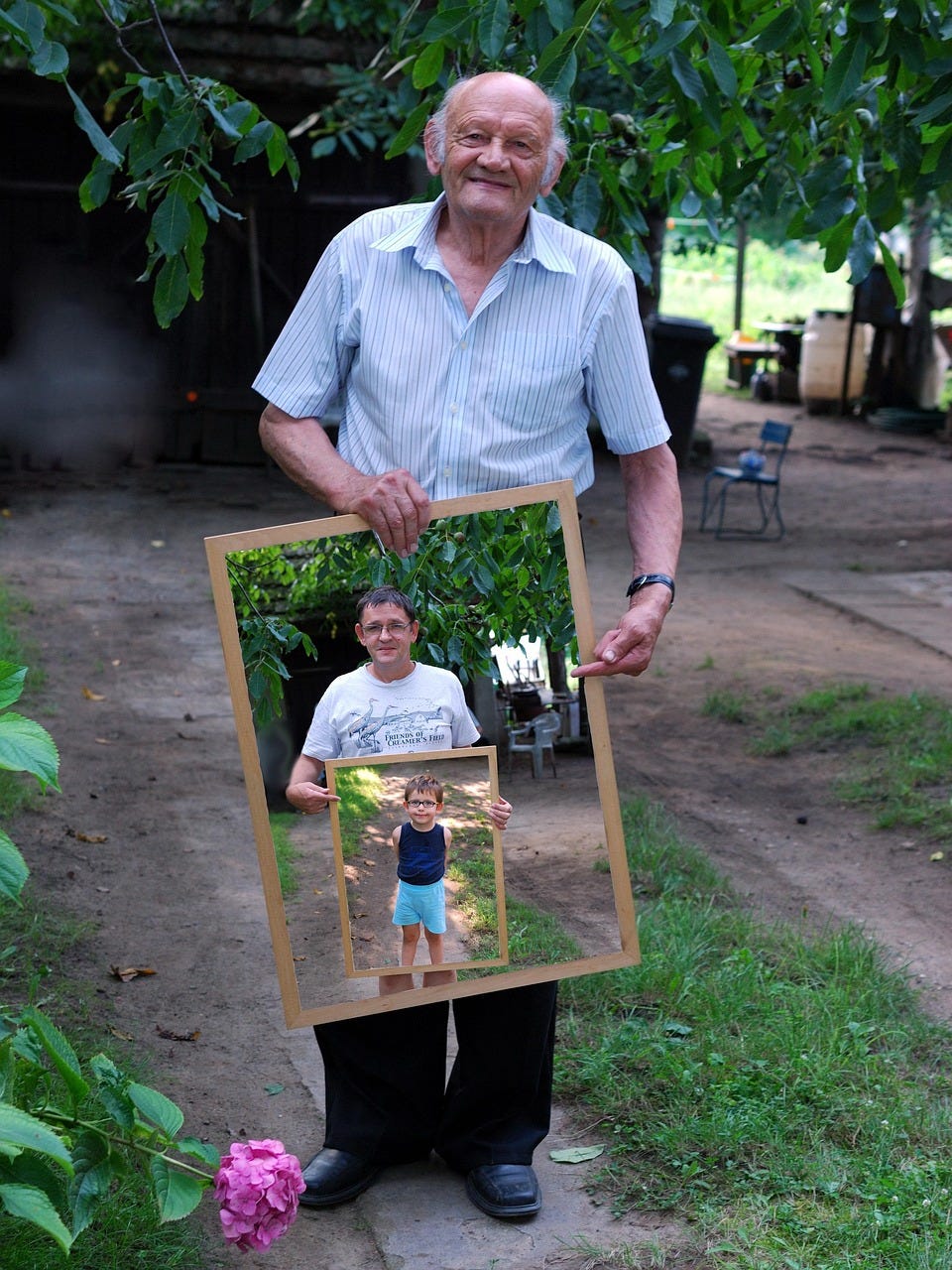What’s Next and What You Can Do About It
Lessons from Generational Theory and the Path Forward
The older I get, the more interesting history becomes. It started with a deep dive into the Jonestown suicides with Jeff Guinn's The Road to Jonestown: Jim Jones and the Peoples Temple. I started wondering; why did cults suddenly become a thing in the 1960's? Historical events aren't random. Big ones follow some sort of predictable pattern. Stepping back to take in timelines, these events popped out like magic eye photos. Examining the past, could we predict the shape of future events?

This leads me to the research and generational theory of Neil Howe and William Strauss who published their seminal book Generations in 1992. They predicted the current societal upheaval based on repeated historical patterns. Strauss was an American author, historian, playwright, and lecturer who died in 2007. Howe is also an American author and historian, as well as an economist, and demographer. Their thinking unites diverse fields of study with a focus on history and generational cycles.
These are theories not facts. The information in Generations and later books certainly has their critics. In 1997, Michael Lind of the New York Times, characterizes their theory as 'vague' 'pseudoscience' as the nature of the theory is to predict concepts rather than specific events. Admittedly, this may come off as the equivalent to historical astrology. In a 2006 article, The Generation Gap: More Myth Than Reality, Human Resources expert, Frank Giancola writes about the difficulty of segmenting generations in the first place as well as using sweeping generalizations to describe the individuals within. The study of generations is more art than science at times. My aim is to present this theory as succinctly as possible and let you decide.
It must be said: this theory is apolitical and does not prescribe specific ideological solutions. A few years ago, Steve Bannon tried to hijack Howe's book, The Fourth Turning, twisting it towards right wing causes, and exaggerating the author's depiction of societal upheaval as apocalyptic. Howe and Strauss's generational theory is descriptive, merely analyzing the past and predicting conceptual events in the future. Howe, himself, says his theory can be harnessed by different political movements—whether authoritarian or democratic—depending on how society interprets and responds. Addressing comments about his political leanings, he notes that others form assumptions about him depending on which polarizing figure likes a particular book, rather than on his personal beliefs.
The point is to figure out what to do next. We repeat what we don't examine and heal. In this spirit, my hope is that we all take a step back, examine what's happening, and do our parts to shape society in the healthiest, most productive, and regenerative ways in order to provide maximum equality and benefit to all. Let's dive in.
Keep reading with a 7-day free trial
Subscribe to REFRAMED to keep reading this post and get 7 days of free access to the full post archives.



